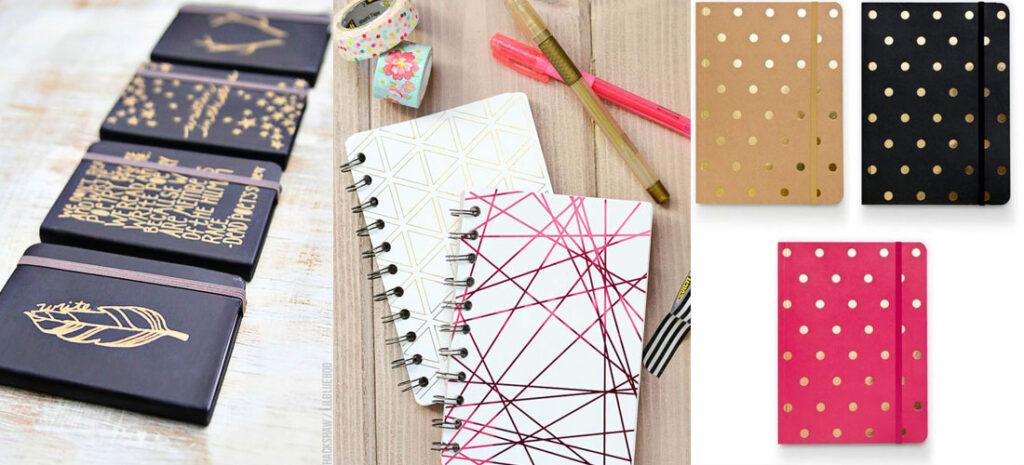Answer and Explanation:
‘ It’s a masculine noun, so we say el cuaderno (the notebook) or un cuaderno (a…
in the same way What is te gusta? The phrase te gusta (pronounced: teh GOOS-tah) means ‘you like. ‘ The pronoun te is used to address someone in an informal context.
Is it LA or El hoja de papel? La hoja de papel does not refer to any specific type of paper; it’s this/that sheet of paper.
Is hoja de papel masculine or feminine? Listen to Marcela explain how she uses the acronym LONERS to remember the gender of nouns. “If a word ends in l, o, n, e, r, [or] s it’s almost always going to be a masculine word… for example… papel… one common exception to this… are words that end in ión… these words are actually… feminine…so we have la oración…
What language is Chica?
The definition of chica is a Spanish word that means a female friend or girl. An example of chica is what two young women call one another affectionately.
Beside this Is te gusta correct?
The subject is either one thing (singular conjugation → gusta ) or several things (plural conjugation → gustan).
…
I like – me gusta.
| (A mi) | me | gusta la pizza. |
|---|---|---|
| (A ti) | te | gusta la música. |
| (A él/ella) | le | gusta la guitarra. |
| (A nosotros) | nos | gusta viajar. |
| (A ustedes) | les | gusta el deporte. |
How is Gustar used in Spanish? Gustar is typically used to state that you like things, not that you like people. While it’s not out of the question to say something like Me gustas tú (“You are pleasing to me”) or Les gustamos (“We are pleasing to them”), those expressions can indicate physical attraction and should be used carefully.
Do you say te gusta or Te Gustas? Te gusta means you like it, while te gusto means you like me. The verb gustar is somehow like a reflexive verb, so it usually has a reflexive pronoun, in this case: te (you in English) the final letter indicates the person: -a (he/she/it), -o (I). Te gusta = You like (him/her/it).
Which days of the week get accents in Spanish?
Thank you for supporting ielanguages.com!
…
Spanish Days.
| Monday | lunes | loo-nays |
|---|---|---|
| Tuesday | martes | mar-tays |
| Wednesday | miércoles | mee-air-coh-lays |
| Thursday | jueves | hway-bays |
| Friday | viernes | bee-air-nays |
What is sala de clases? classroom, the ~ Noun.
What is note book in Spanish?
[ˈnəʊtbʊk ] (= notepad, jotter) libreta f ⧫ bloc m. (= exercise book) cuaderno m.
How do you spell boligrafo? bolígrafo → ballpoint pen, pen.
Is Chica a bad word?
Dear Gabacha: While chica isn’t the most formal of expressions (it means “girl” in Spanish), it’s also hardly the most insulting Mexican-Spanish term that a male stranger would use to get a woman’s attention.
Is Chica a girl or boy FNAF?
Upon inspection of her feet and alliterative name, however, it is evident that she is a chicken. Chica was also confirmed to be a chicken by Scott Cawthon, in a discussion on the game’s mechanics. Her yellow coloring could indicate that she is a chick rather than an adult chicken.
What does cheeky mean in British slang? Cheeky: To be cheeky is to be flippant or somewhat of a smart aleck. Considering British humor, I’d say most people here are a bit cheeky. … Drop a clanger: This is the British version of putting one’s foot in one’s mouth but it sure sounds sillier.
Why don’t we say Yo gusto? Because the subject of the sentence is the mexican food, not you. In Spanish, you don’t say you like something, you say that the thing pleases you. We actually have a word in English that’s quite similar: disgust. It is, at its core, the same root as gustar, it’s just the opposite meaning due to the “dis” part.
How do you use te gusta?
How do you use Mi gusta? They really are the same thing but, a mí me gusta is really an emphasis that you really like something. A mí me gusta is also a great way to answer a question. For example, “¿a quién le gusta...?” You would answer using, “a mí me gusta…”
Can you use Gustar for people?
The verb gustar is used in Spanish to express when a person finds another person attractive in that special romantic way! … In this case Spanish uses personal pronouns, i.e yo, tú, usted, él, ella, nosotros-as, vosotros-as, ellos-as.
What is so special about Gustar? Gustar is a unique verb. We learn it early because it’s useful to be able to say you like something, but grammatically it’s an advanced concept. … In Spanish, we conjugate the verb gustar based on the thing being liked. The person doing the liking becomes the indirect object in the sentence.
Is Gustar reflexive?
Gustar cannot be reflexive (never ever), meaning that the subject and verb cannot refer to the same thing so there are (only ⇐ hahaha, right) 18 possible tenses of gustar.
How do you answer te gusta? Gustar is conjugated to what does the pleasing, the things you like, which are the subject even though they normally follow the verb. So you would answer “Me gusta…” or “Me gustan…” followed by what you like. If you post your attempt, someone may help you correct it, if it needs that.
Why is it te gusta and not Te Gustas?
Basically it’s because gustar doesn’t mean to like, it means to please. The subject is not you, it’s what. You is the indirect object. ¿Qué te gusta hacer?
Do’t forget to share this post !
